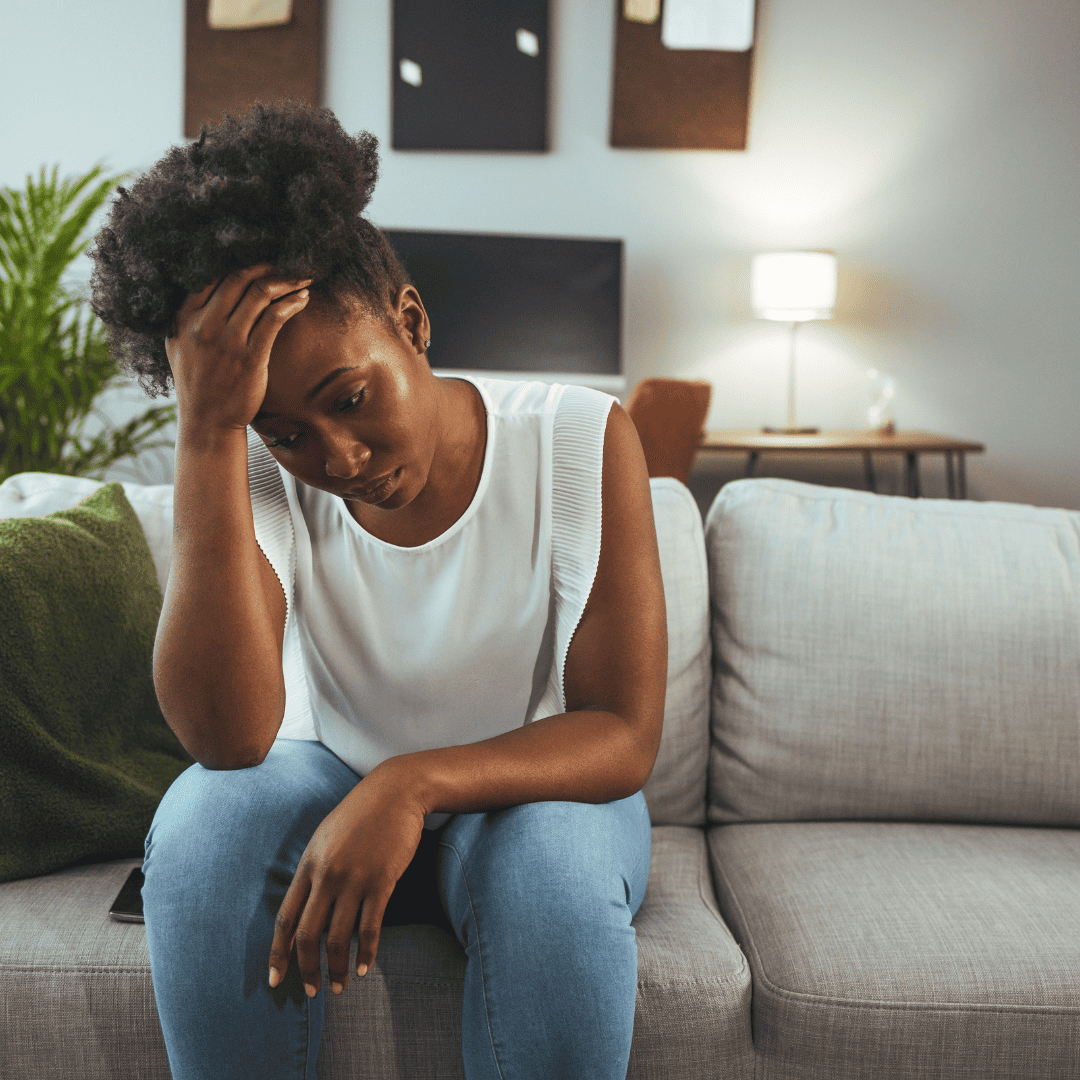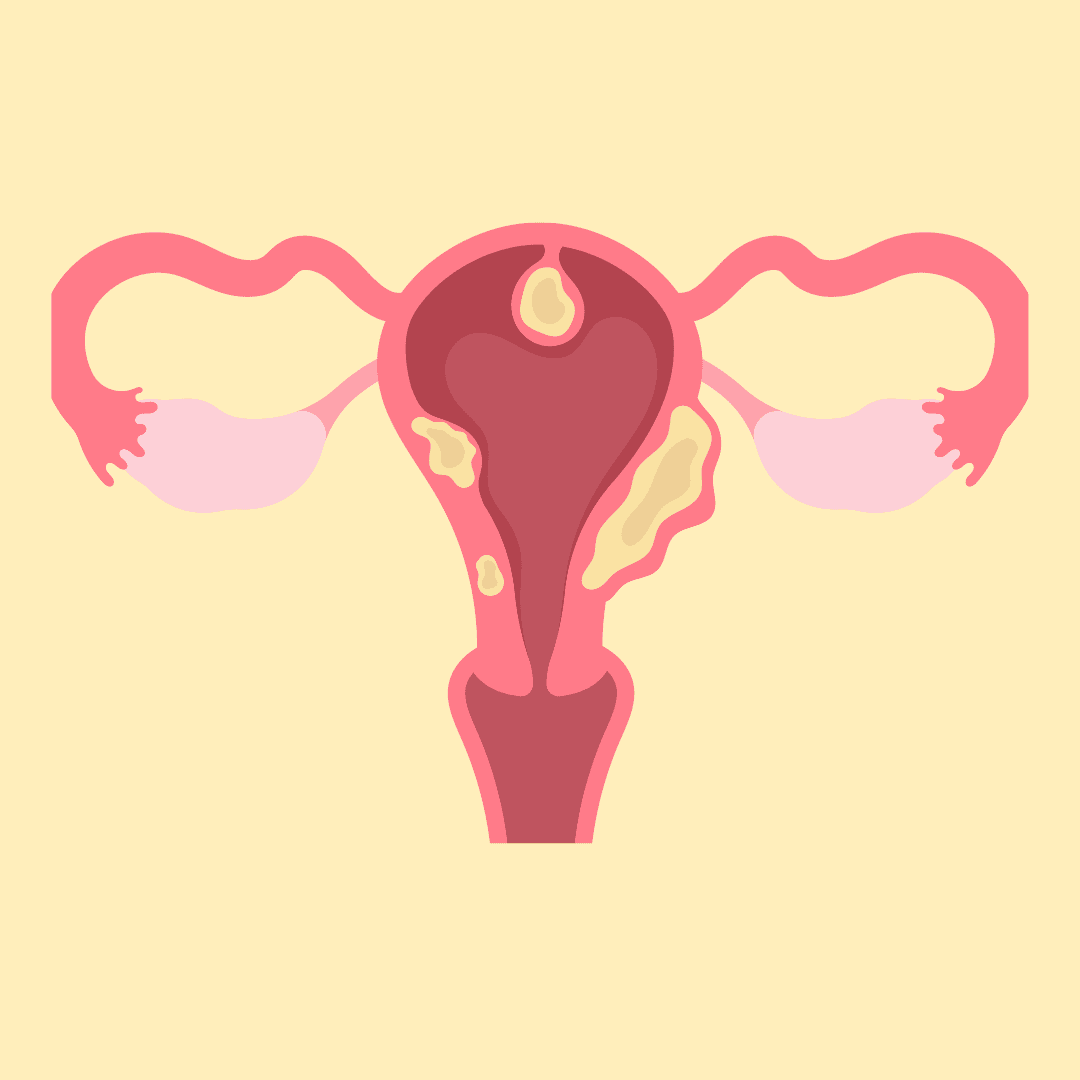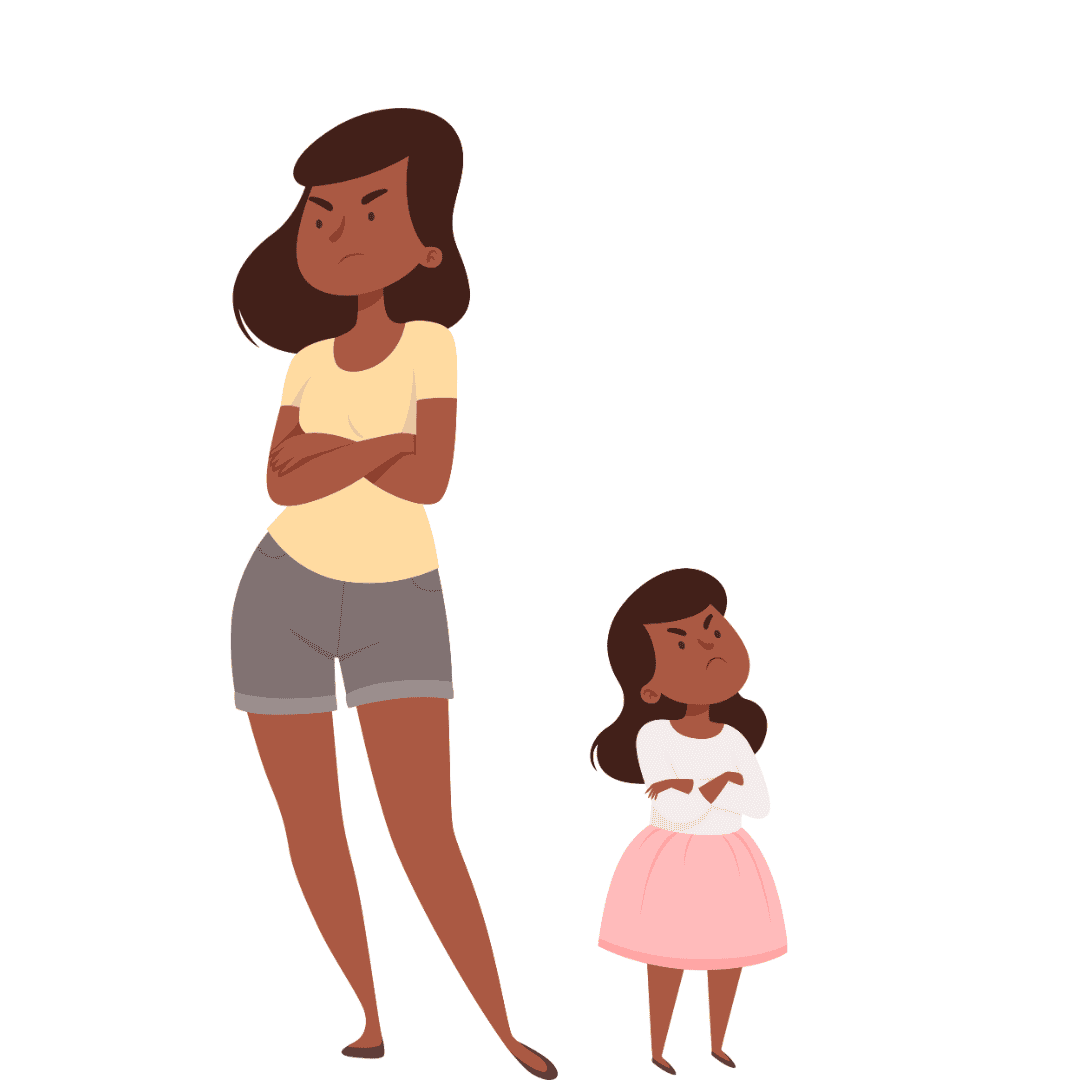-
3 Overlooked Black Women of the British Black Panthers
Disclaimer: This blog contains content that is written about British black Panthers for educational purposes. The information provided is accurate to the best of my knowledge and there may be omissions and errors. I am not a qualified teacher or historian and should not be seen as educational advice. I reserve the right to run and manage my blog and the focus of this blog may change at any time.
These 3 influential black women are known for their community activism, organising and championing black people’s rights especially black women’s rights.

An illustration of 2 black women posing by the bookshelf. Illustration from AI on Canva. Who is Altheia Jones-LeCointe?
A physician and a research scientist from Trinidad and Tobago, she was considered the leader of the British black Panthers, her experience in politics started when she was younger. Her parents were active in politics and were part of the People’s National Movement.
She moved to Britain to study chemistry at University College London and was shocked about the hostile treatment and racism she received as a black woman in the 1960s and sought groups to join that reflected her experiences.
When the British black Panthers came to support black students at the university, that is when she became more politically active in the university and joined the British Black Panthers.
During the Mangrove Nine trial, she represented and defended herself in the court system and this led to the Mangrove Nine trial being acquitted after a long trial that lasted 55 days.
She became one of the renowned activists in the British black Power movement during the 1960s and 1970s.
Who was the Brixton Black Women’s Group?
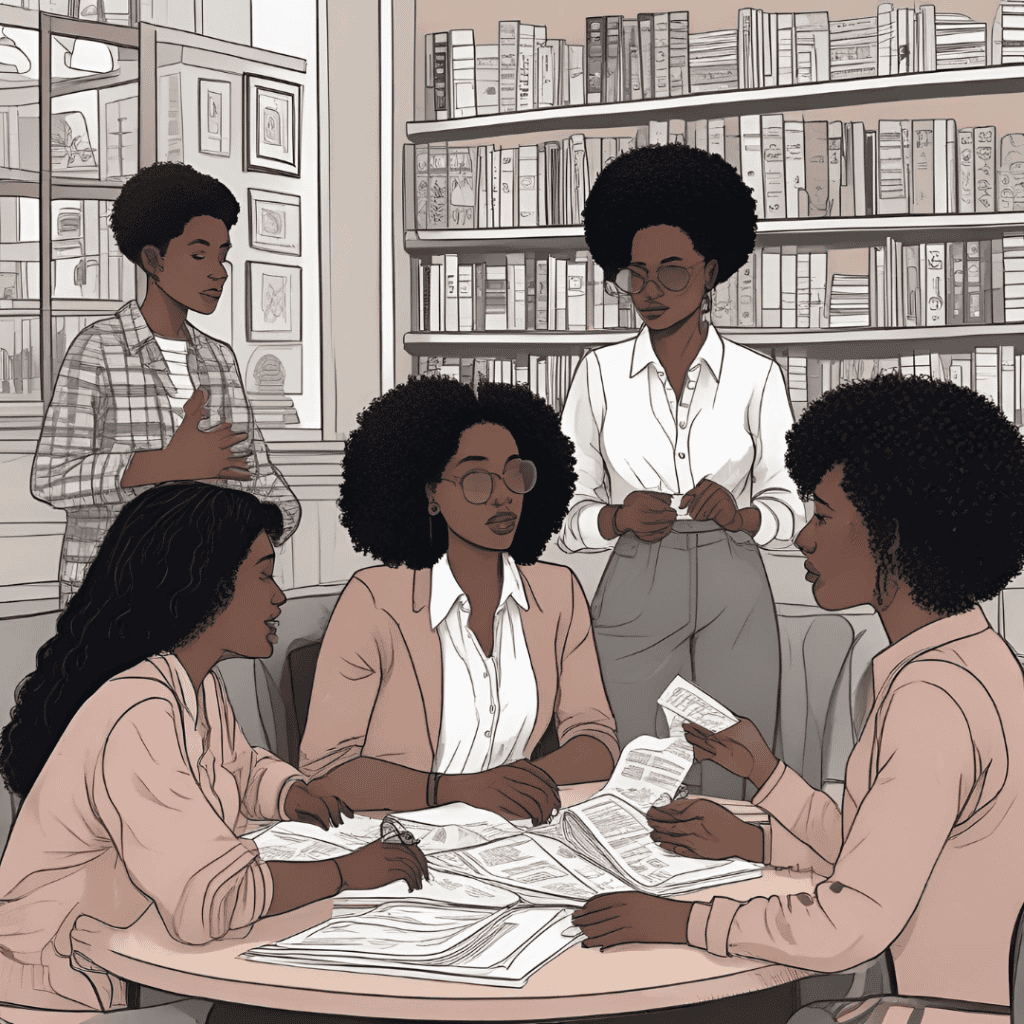
Illustration of black women at a meeting in a bookshop created using AI on Canva. After the British Black Panthers split as an organisation, Beverley Bryan, Olive Morris and Liz Obi left to create their organisation called Brixton Black Women’s Group.
This was established as a result of sexism and a lack of interest in empowering black women. They created a safe space which was necessary to focus on addressing issues concerning black women.
How did they help black women?
The organisation offered advice and support to black women in the local community, similar to the British black Panthers but this time, they were more focused on the experiences of black women.
Who is Olive Morris?
Olive Morris was an influential community activist, feminist and leader, who became active in politics when she witnessed a Nigerian diplomat being assaulted by police officers because he had a Mercedes. When she rushed to help him, she ended up being assaulted by policemen and fined.
She defended the rights of black people who squatted in empty buildings. Squatting was a common practice that happened as a result of racist housing practices. This meant that some black families were put in poor accommodation that wasn’t fit for the standard of living.
What happened after she left the British black panthers?
After she left the Panthers, she focused on building the Brixton Black Women’s Group and moved to Manchester and studied Economics and Social science degree at the University of Manchester.
While she was studying she created the Manchester Black Women’s Cooperative. She travelled globally, writing and lecturing on topics based on women’s and black empowerment and racism.
How did she pass away?
In her final years, she collaborated with another activist and writer Stella Dadzie and created OWAAD(Organisation of Women of African and Asian Descent). While she was in Spain she started to feel ill and she discovered that she developed blood cancer. Olive Morris passed away on the 12th July 1979. from a form of cancer aged 27.
Who is Beverley Bryan?
A retired professor, writer, activist and teacher, Bryan moved from Jamaica to England and attended the same school as the late activist, close friend and founder Olive Morris.
In her youth, she joined the West Indian Centre and then joined a black arts workshop and travelled to different youth clubs across the country. They used poetry and spoken word to challenge negative racial stereotypes.
After completing her teaching training at Keele University, she moved to Brixton and joined the British Black Panthers. She used education to solve issues in the black community helped educate children at the supplementary schools and taught Maths, English and History.
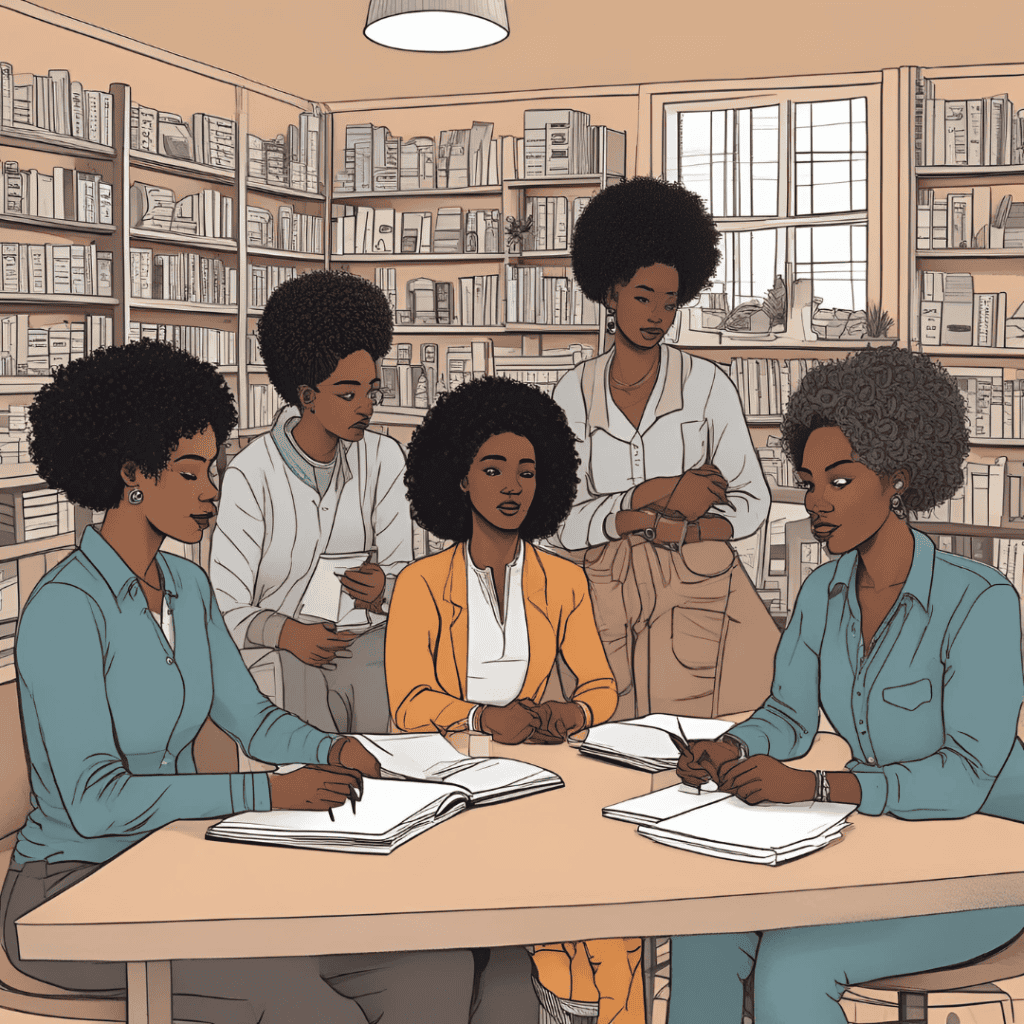
An illustration created by AI by Afro Lit Stories on Canva. Final Thoughts
I hope you enjoyed reading the article about the 3 powerful women and how influential they are in the black community as educators, activists and community organisers who were determined to make changes in the black community using education and knowledge of self.
If you are intrigued by black British history and want to know more about black women’s contribution then share this article with another black woman who enjoys reading this topic. And don’t forget to leave a comment and let me hear your thoughts below.
Related Articles
Afro Lit Stories
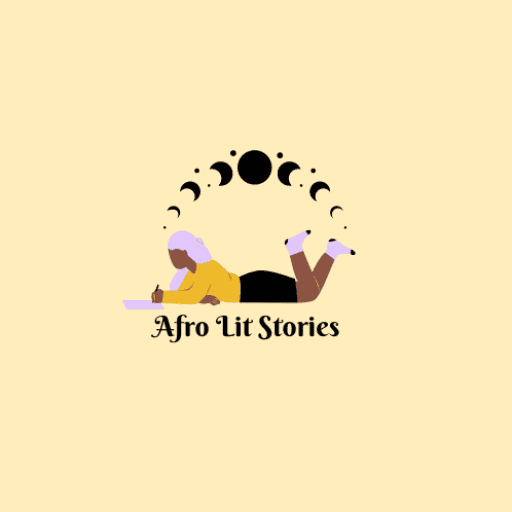

Healing through storytelling, elevating black millenial women, one mindset shift at a time

